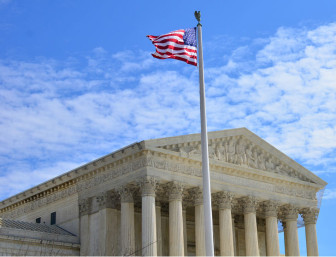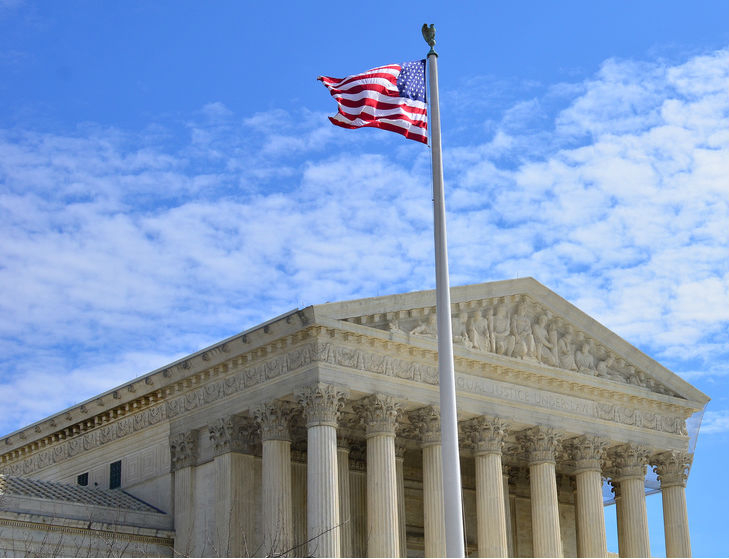 The Supreme Court issued its long-awaited ruling Monday in Fisher v. University of Texas, a case with broad implications on the use of affirmative action policies in college admissions processes.
The Supreme Court issued its long-awaited ruling Monday in Fisher v. University of Texas, a case with broad implications on the use of affirmative action policies in college admissions processes.
In a 7-1 ruling, the Supreme Court vacated and remanded an earlier Court of Appeals judgment after affirming the limited use of racially-based factors in university admissions.
The case involves Abigail Fisher, a white Sugar Land, Texas, resident whose 2008, University of Texas application was rejected. Fisher, then a high school senior, later sued the university, claiming her application was denied because of the university’s use of affirmative action policies.
Although the ruling says the policies must be strictly reviewed, the ruling does not forbid universities from using affirmative action policies.
Writing for the majority, Justice Anthony Kennedy wrote that universities must employ admissions practices that are “narrowly tailored” to achieve student body diversity.
"The attainment of a diverse student body serves values beyond race alone, including enhanced classroom dialogue and the lessening of racial isolation and stereotypes," Kennedy wrote. "Strict scrutiny [of the policy] imposes on the university the ultimate burden of demonstrating, before turning to racial classification, that available, workable race-neutral alternatives do not suffice.”
Ultimately, the holding does not overrule Grutter v. Bollinger, a 2003 case that upheld the constitutionality of affirmative action policies in college and university admissions processes. However, the high court is expected to hear arguments in another university affirmative action case, Schuette v. Coalition to Defend Affirmative Action, later this year.
